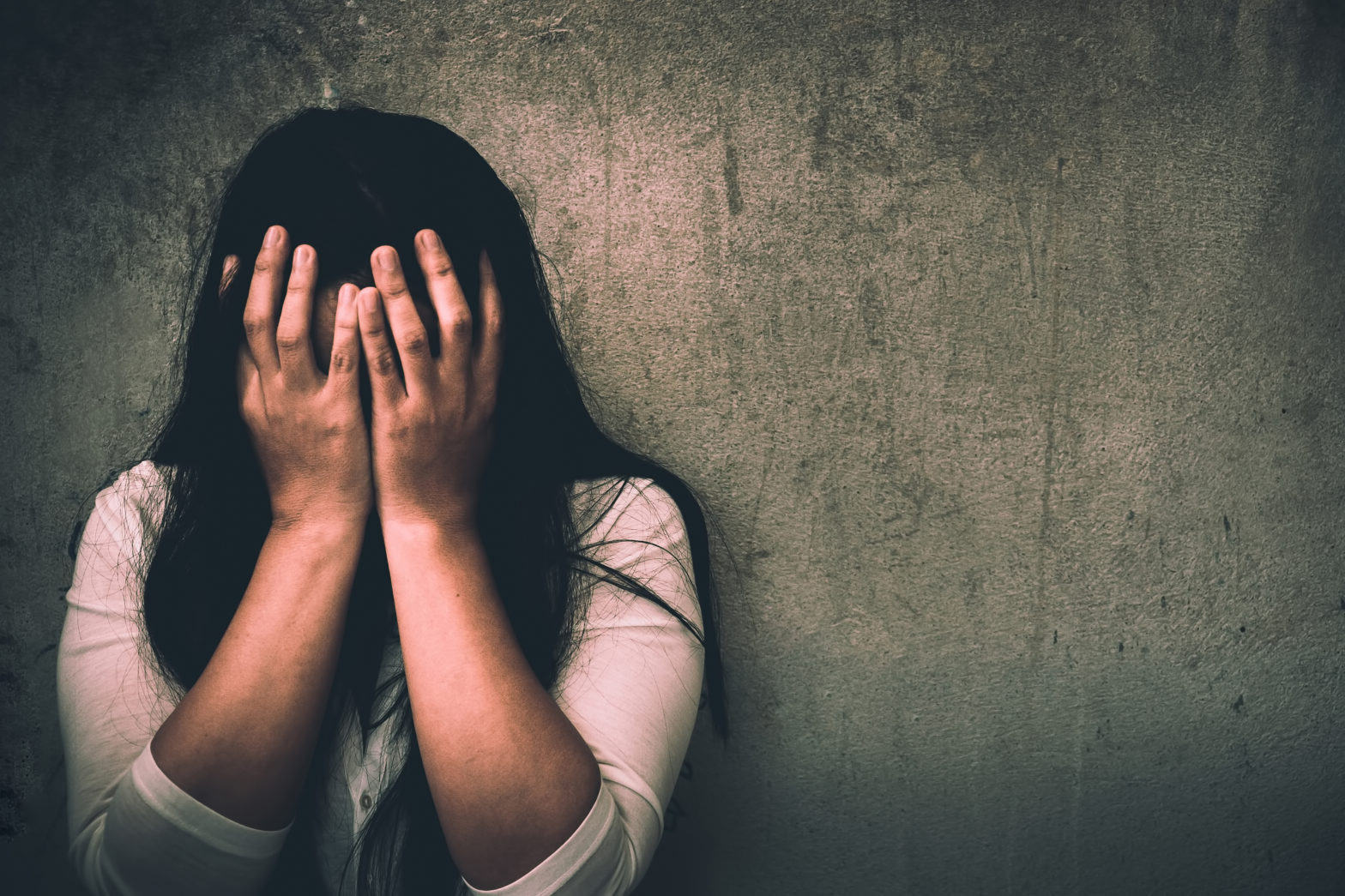
Psychological trauma can feel like a heavy weight on your mind and heart. It’s not just about experiencing a tough event; it’s about how that event changes you. Trauma can come from many sources, like accidents, natural disasters, or even bullying. Understanding trauma helps in recognizing its signs and finding ways to heal. This article dives into 24 facts about psychological trauma, shedding light on its impact and ways to cope. Whether you’ve faced trauma or know someone who has, these facts will offer valuable insights. Let’s explore how trauma affects us and what steps can lead to recovery.
Understanding Psychological Trauma
Psychological trauma can affect anyone, regardless of age or background. It often results from distressing events that overwhelm an individual's ability to cope. Here are some key facts to help understand this complex issue better.
- Trauma can stem from various sources, including accidents, natural disasters, violence, or abuse.
- Not everyone who experiences a traumatic event will develop psychological trauma.
- Symptoms of trauma can include flashbacks, nightmares, severe anxiety, and uncontrollable thoughts about the event.
Types of Psychological Trauma
Trauma isn't one-size-fits-all. Different types can affect individuals in unique ways. Let's explore the various forms.
- Acute trauma results from a single distressing event.
- Chronic trauma arises from repeated and prolonged exposure to highly stressful events.
- Complex trauma involves exposure to multiple traumatic events, often of an invasive, interpersonal nature.
Effects of Psychological Trauma
The impact of trauma can be profound and long-lasting. It can affect mental, emotional, and physical health.
- Trauma can lead to mental health issues like depression, anxiety, and PTSD.
- Emotional effects may include feelings of helplessness, guilt, and shame.
- Physical symptoms can manifest as headaches, stomach problems, and fatigue.
Coping Mechanisms for Trauma
Dealing with trauma requires effective coping strategies. These can help individuals manage their symptoms and begin the healing process.
- Therapy, such as cognitive-behavioral therapy (CBT), can be highly effective.
- Medication may be prescribed to manage symptoms like anxiety or depression.
- Support groups offer a sense of community and shared experience.
- Mindfulness and relaxation techniques can reduce stress and improve emotional well-being.
Trauma in Children
Children are particularly vulnerable to trauma. Their reactions and needs can differ significantly from adults.
- Children may exhibit regressive behaviors, such as bed-wetting or thumb-sucking.
- They might have trouble concentrating in school or show changes in academic performance.
- Trauma can affect a child's development, potentially leading to long-term emotional and psychological issues.
Trauma and Relationships
Trauma doesn't just affect the individual; it can also impact their relationships with others.
- Trauma survivors may struggle with trust and intimacy.
- They might experience difficulties in maintaining healthy relationships.
- Family members and friends can play a crucial role in the survivor's recovery process.
Recognizing Trauma in Others
Being able to identify signs of trauma in others can help provide the support they need.
- Look for changes in behavior, such as withdrawal or aggression.
- Notice if they are avoiding certain places or activities that remind them of the traumatic event.
- Pay attention to physical symptoms like unexplained aches and pains.
Long-Term Impact of Trauma
The effects of trauma can persist long after the event has passed, influencing various aspects of life.
- Trauma can affect career choices and job performance.
- It may lead to substance abuse as a coping mechanism.
Final Thoughts on Psychological Trauma
Understanding psychological trauma helps us support those affected. Trauma impacts mental health, relationships, and daily life. Recognizing symptoms like flashbacks, anxiety, and depression is crucial. Early intervention and therapy, such as Cognitive Behavioral Therapy (CBT) or Eye Movement Desensitization and Reprocessing (EMDR), can aid recovery. Support systems, including friends, family, and support groups, play a vital role. Self-care practices like mindfulness, exercise, and healthy eating also contribute to healing. Remember, trauma recovery is a journey, not a race. Patience and empathy go a long way. If you or someone you know struggles with trauma, seeking professional help is a strong first step. Knowledge and compassion can make a significant difference in the lives of those affected by trauma.
Was this page helpful?
Our commitment to delivering trustworthy and engaging content is at the heart of what we do. Each fact on our site is contributed by real users like you, bringing a wealth of diverse insights and information. To ensure the highest standards of accuracy and reliability, our dedicated editors meticulously review each submission. This process guarantees that the facts we share are not only fascinating but also credible. Trust in our commitment to quality and authenticity as you explore and learn with us.


